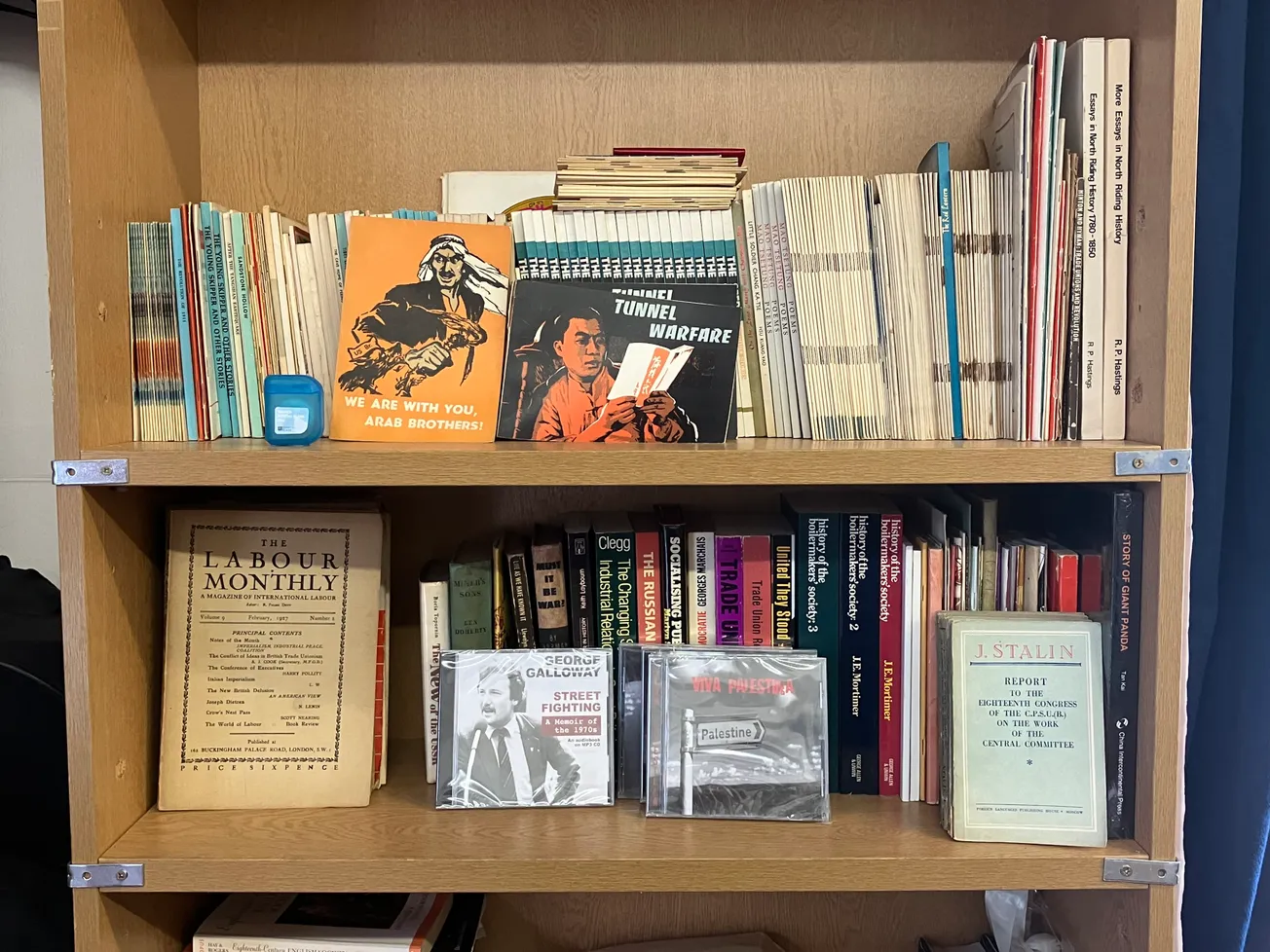The sun rises above a Birmingham tip; striking workers crowd in front of the gates. A nearby speaker blares 90s rnb music and cups of tea and sausage baps are handed round. The scene is jovial. That is, until a group of men (number undisclosed) wearing balaclavas emerge, firing missiles (material undisclosed) at those assembled. If this seems like a scene out of a slightly odd, very low budget movie, that’s because it could well be fiction. It illustrates a rumour that has circulated in recent weeks about an incident that supposedly occurred at the Atlas waste depot in Tyseley, about two months into a dispute between Birmingham City Council and bin workers in Unite the Union.
No arrests have been made in relation to alleged violence on the pickets and no solid evidence exists to support the claims. Still, it’s a rumour The Dispatch has been hearing from multiple sources this week — that balaclavaed men have been attacking staff in Tyseley, the theory being that they were bin men from another depot who wanted to pressure them into continuing the strike. The claim that a missile was thrown has also appeared in stories by Birmingham Live. What’s more, Birmingham City Council’s cabinet member for waste, Majid Mahmood, recently broke his silence to accuse the striking workers of threatening violence. He asked Unite to “please speak to those people responsible” and to condemn “the acts of intimidation and violence and obstruction.” Yesterday, Mahmood announced he has now left Unite, where he had been a long time member, due to these issues.
Perhaps not surprisingly, Unite strongly disputed this version of events — so much so that when we put to them for comment the claim of balaclavas and missiles they told us they would seek legal action if we went ahead with publication. When The Dispatch visited the Tyseley depot, none of the 10+ people we spoke to knew anything about it either. It’s certainly true to say that in the ongoing PR battle between the union and the council, separating fact from fiction has become a tricky business. Post-Thatcher, era-defining confrontations like the Battle of Orgreaves are rare but when high profile strikes do occur, the same public relations war happens every time. In the current Birmingham bin strikes, which began in January, both sides want the support of the residents: the bin workers who are refusing to collect their rubbish and the bankrupt council who just voted in a second wave of extreme cuts. Keeping the public on side is key and each day brings a fresh wave of claims from both corners.

On the one hand, The Dispatch has heard claims of violence, as well as threats of violence, to intimidate workers into continuing strike action. Unite say these are smears. For their part, Unite has accused the council of sacking three employees for talking to strikers (the council says this isn’t the reason they were let go) and has suggested that councillors aren’t even running the show — they say the commissioners are in charge.
Either way — the end result has been chaos. Last week, “binmageddon” hit the streets of Moseley. News reports showed desperate residents clamouring after a passing waste wagon, leaving piles of rubbish in their wake and images of bags of rubbish stacked up by roadsides. Headlines, familiar to those who lived through the summer strikes of 2017, described “rats the size of cats” and “flytipping surges”.
The mobile household waste vans that visit two areas of the city a day are precious cargo: when one parked up near Stirchley on Wednesday, a resident described it as “the last days of Rome.” The ongoing bin strikes have become a national story — that of a city where the abject failure to maintain a basic service means the streets are now filled with rubbish. “This is my city. I want to be proud of it. I'm not,” one weary resident told the BBC earlier this week. Even the international press has been at it: “Rattan so groß wie katzen” declared one recent headline about Birmingham in a German newspaper.
So who’s to blame? That depends on who you ask. The council is trying to transform the waste service, to save money and remove costly equal pay risks. This involves getting rid of a grade three role that was brought in eight years ago, widely considered an attempt to appease waste staff who objected to a service shake up. The trouble is, employees in grade three roles in other parts of the council don’t receive the same perks, hence many equal pay claims have stacked up. The council says the removal of this role only affects the pay of 40 people, all of whom have been offered alternatives, including training to become “highly valuable” wagon drivers, or voluntary redundancy. They say only 17 of these will lose the maximum amount of money from their wages: £6,000.
Unite, however, says the real cost to pay packets is up to £8,000 — about a third of the £24,027-£25,992 earned by most of those affected. Moreover, they don’t think the council will stop at these changes. The union wants assurances that the rest of the workforce won’t receive “further attacks on wages and conditions”. When The Dispatch was at the Tyseley depot on Friday, several striking workers said they thought the authority was targeting these roles first, only to introduce harsher measures down the line. “They’re coming for us first but they’ll come for other jobs next,” said one worker. Who to trust?







